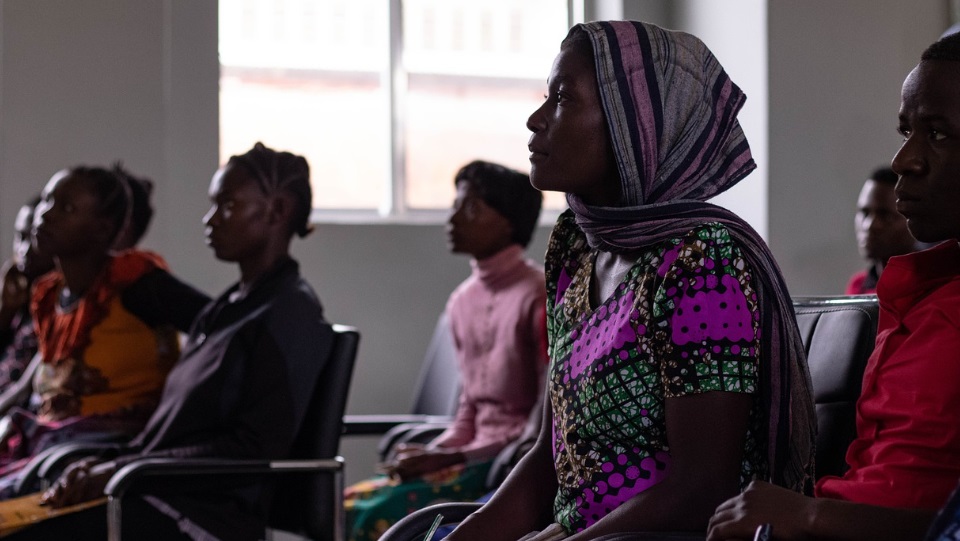
(Photo : Pixabay)
Representational Image
The participation of young women in Africa's workforce will contribute an additional $287 billion to Africa's economy by the end of this decade, according to a report by Mastercard Foundation.
In its study, the Mastercard Foundation said that gender parity will also boost Africa's overall gross domestic product by 5 percent by 2030.
Conducted in association with McKinsey & Company, the study underscores the pivotal role of women's economic empowerment in driving the continent into a new era of transformational growth, according to a press statement.
"Empowering young women in Africa is both an economic imperative and a transformative opportunity for the continent. By addressing systemic barriers, enhancing skills, and fostering gender-inclusive policies, we can unlock $287 billion in additional GDP by 2030," said Marieme Esther Dassanou, Director, Gender Programs at the Mastercard Foundation.
Multiple Challenges to be Adressed
According to the report, increasing women's workforce participation will be materialized by tackling multiple challenges including women's inaccessibility to the job market and lack of education and skills.
Mastercard Foundation added that effective private sector-led approaches and government-funded models focused on expanding childcare centres and employer-provided childcare can alleviate the burden of care on young women and create over 11 million jobs by 2030.
The report also outlined that agriculture, education, food and accommodation, trade, wholesale, and retail sectors, as well as the information technology sectors could provide more job opportunities for women.
"We need to create environments where women can succeed as employees and entrepreneurs, ensuring Africa's growth will be inclusive, sustainable, and driven by the full potential of its young women's population," added Dassanou.
Women Employment History in Africa
According to the report, women's unemployment rates have historically been higher than those of men in Africa, a disparity further exacerbated by the COVID-19 pandemic.
Mastercard Foundation added that only 26 percent of girls complete secondary school, and the high burden of unpaid care work keeps 35 to 40 percent of women out of the workforce.
Moreover, financial inclusion also remains a significant challenge in Africa, with 63 percent of women being unbanked compared to 52 percent of men.









